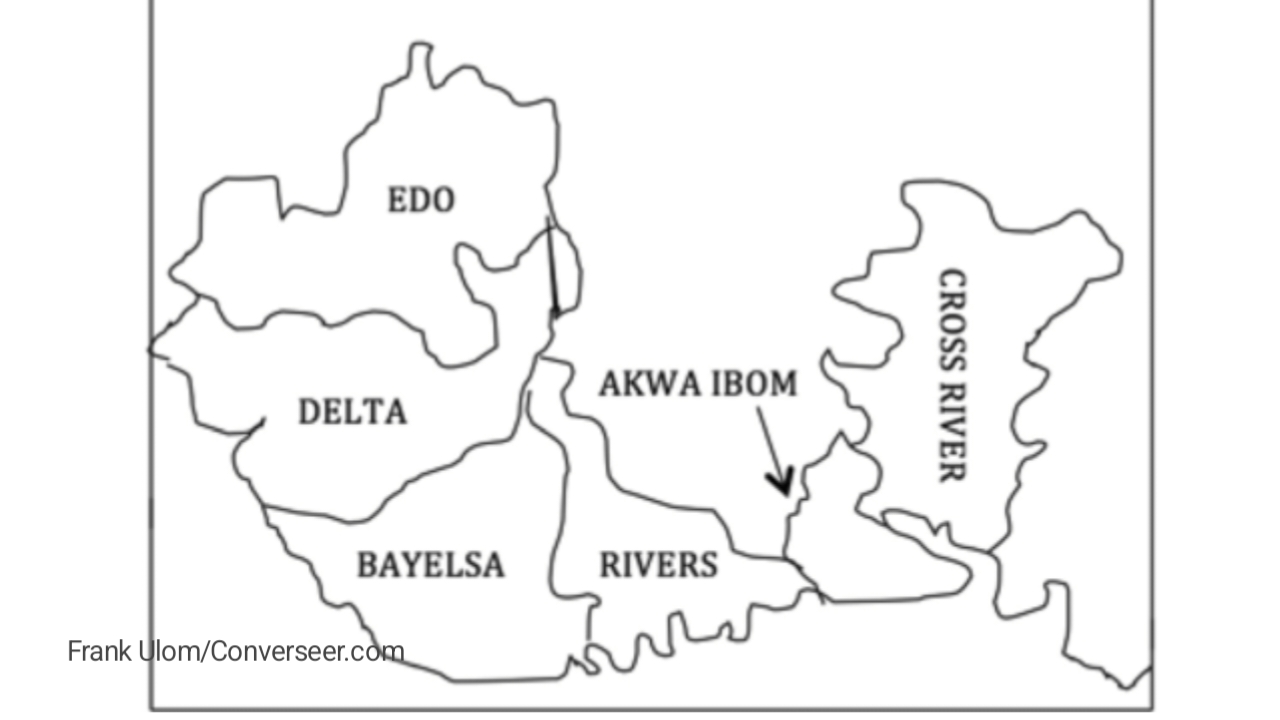ABUJA — The Federal Government has announced plans to gradually eliminate electricity subsidies, citing the unsustainable financial burden on the nation’s economy. Minister of Power Adebayo Adelabu made this known during a strategic meeting with chairmen of Nigeria’s power generation companies (Gencos) held in Abuja.
Adelabu warned that the Nigerian economy can no longer sustain the over N4 trillion in unpaid subsidy-related debts owed to the Gencos, urging the nation to embrace a cost-reflective electricity tariff system.
“We have to understand that our economy cannot sustain subsidies indefinitely,” Adelabu stated. “Citizens must pay the appropriate price for the energy consumed.”
READ ALSO: Controversial Nigerian Pastor’s planned visit to Malawi sparks concern
While acknowledging the financial pressure this move could place on households, Adelabu reassured that the government remains committed to providing targeted subsidies for economically vulnerable Nigerians. This approach, he said, would ensure support for those in genuine need while encouraging efficiency and sustainability within the power sector.
According to the Nigerian Electricity Regulatory Commission (NERC), the average actual cost of electricity stands at N116.18 per kilowatt-hour, while the average consumer pays N88.20/kWh—leaving a subsidy gap of N27.97/kWh. Currently, only 15 per cent of customers, classified as Band A, are paying cost-reflective tariffs, while the remaining 85 per cent benefit from subsidised rates.
To address the mounting debt, Adelabu disclosed that the government plans to pay a substantial portion in cash while issuing promissory notes for the balance.
“There is a need to pay a substantial amount of the debt in cash. At the minimum, let us pay a substantial amount, then ask for a debt instrument in promissory notes to pay the rest,” he said.
The minister stressed that resolving the N4 trillion debt is a top priority for the administration to stabilise the power sector and prevent further crises.









